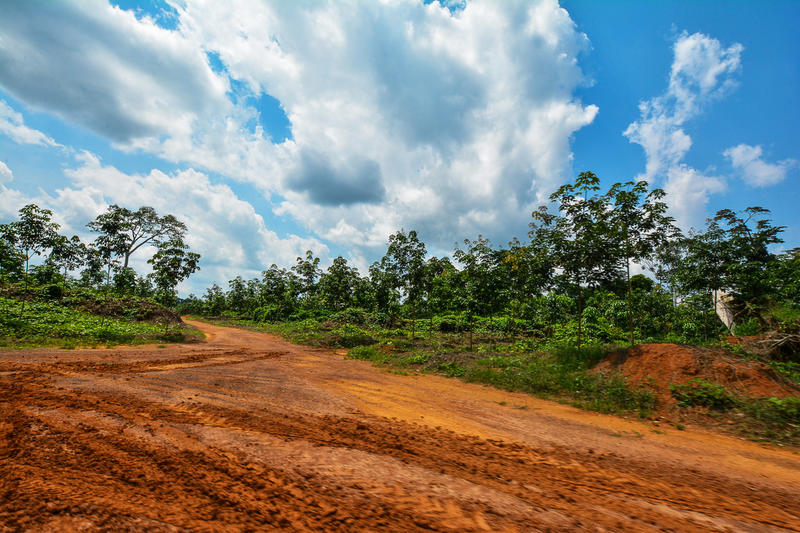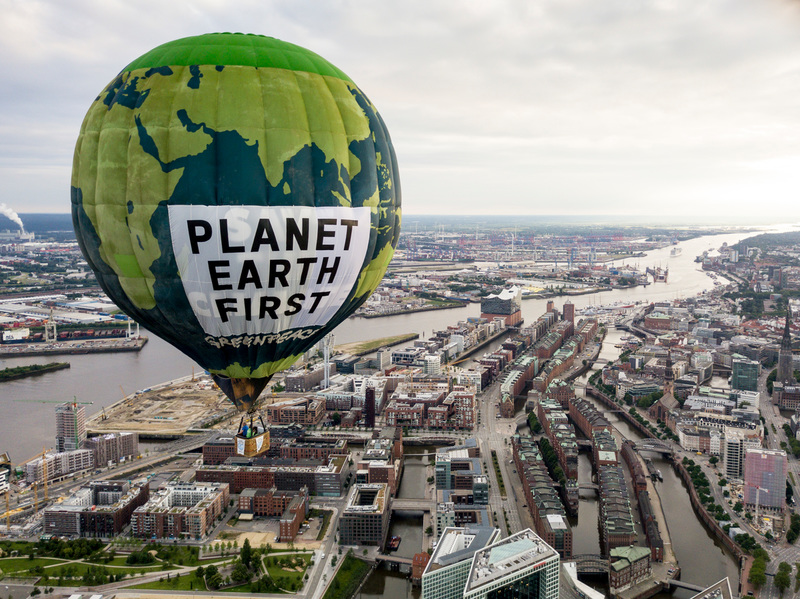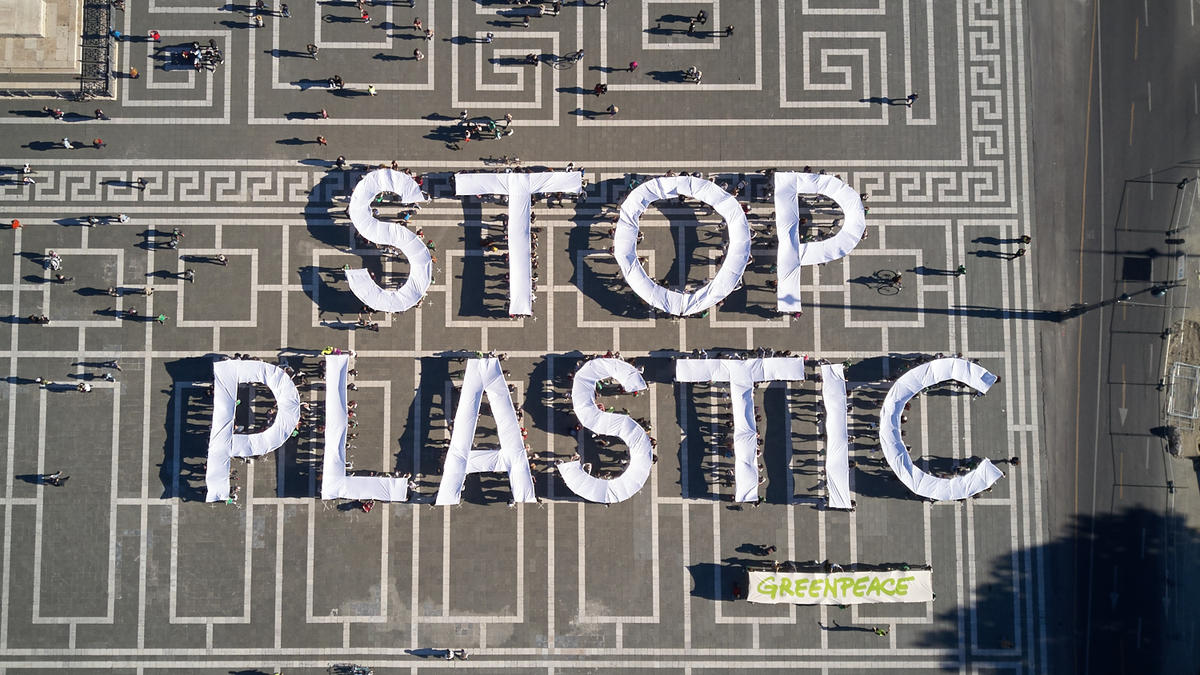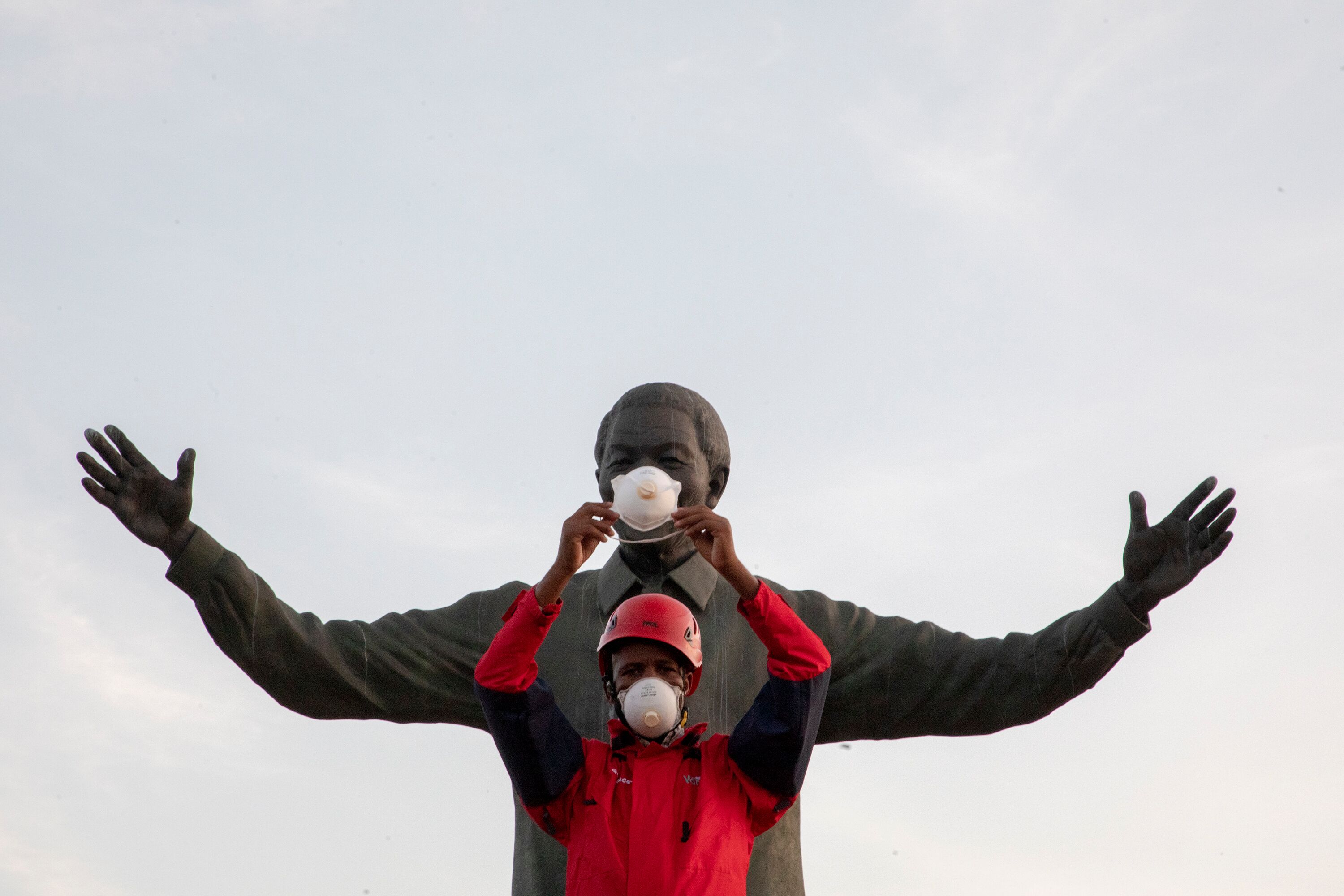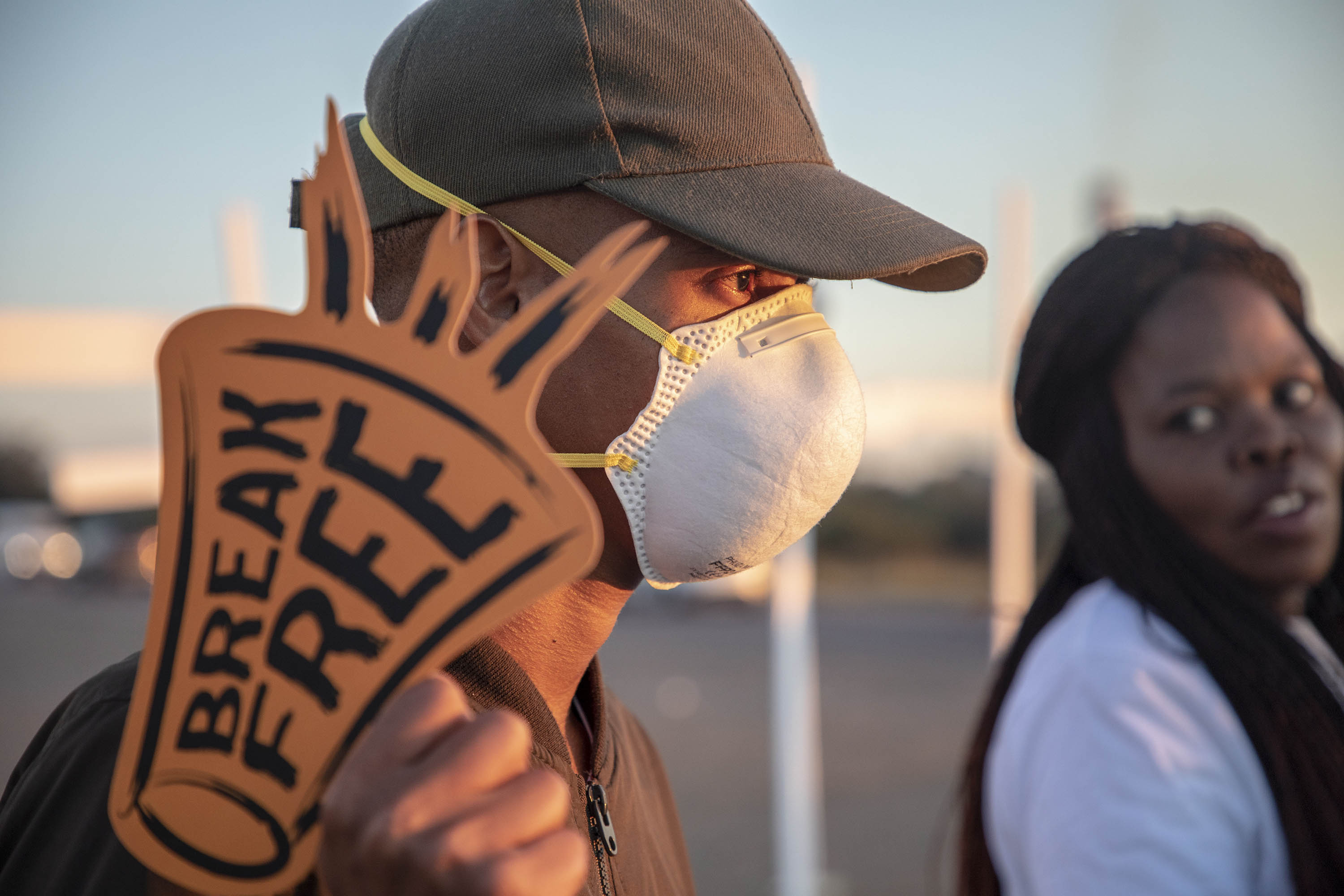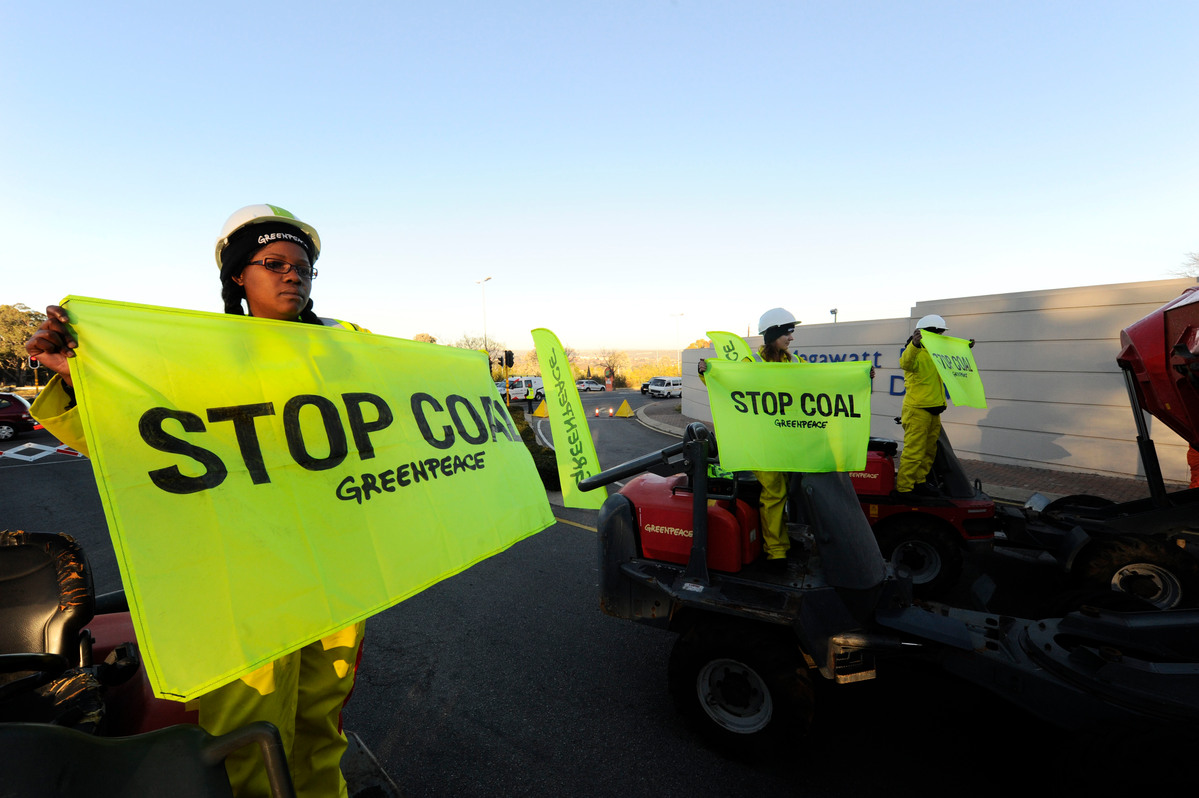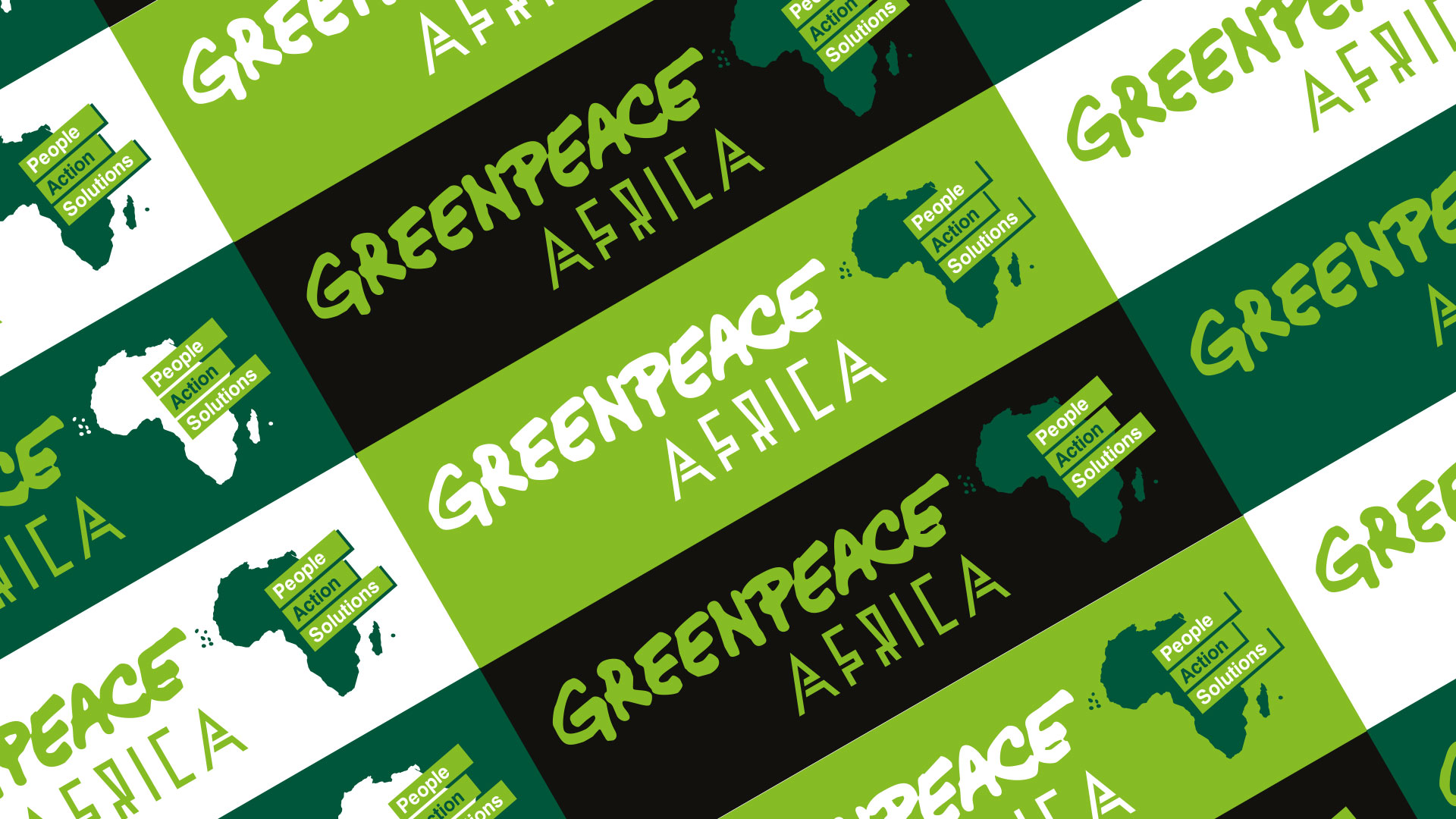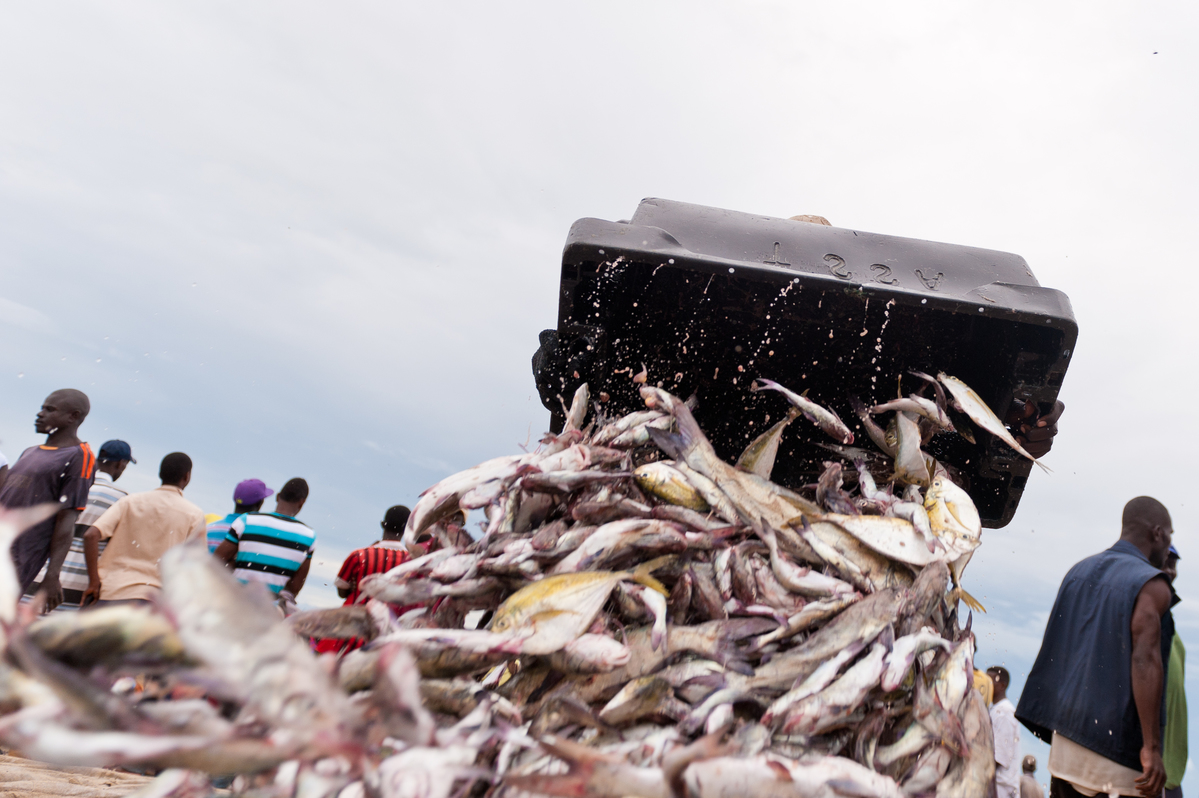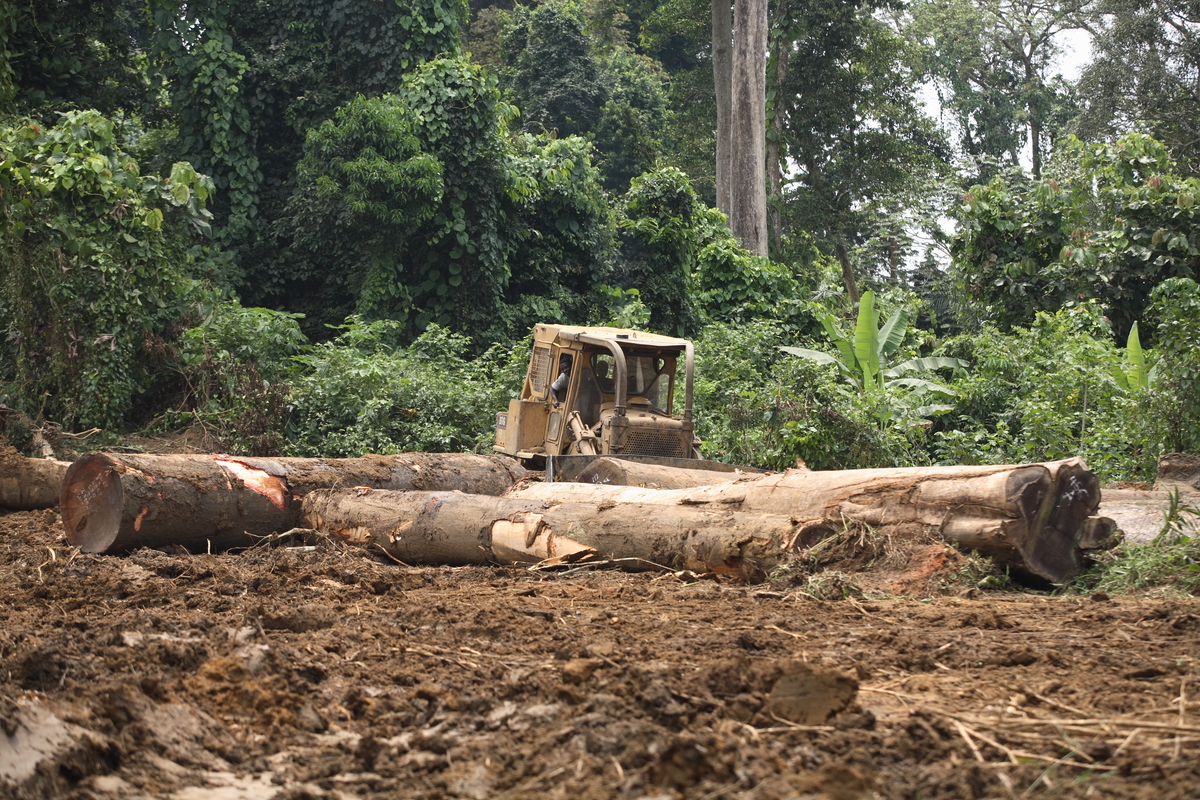-
Letter to Halcyon Agri
In this letter dated 13 May 2019 Greenpeace Africa expresses its concern with the composition of Halycon Agri’s Sustainability Council in Cameroon. Click here to read the letter.
-
South Africa’s uncertain energy future – lessons from Germany
Germany is well known for its phase-out of nuclear energy that began as a response to the 2011 Fukushima nuclear meltdown. Now, the powerhouse of the European Union has finally…
-
Plastics Ban: A Step Towards Environmental Consciousness in East Africa
By Fredrick Njehu, Greenpeace Africa’s Senior Political Advisor Urban consumers in Nairobi have started warming up to the reality that single-use plastic is harmful to the environment and are taking…
-
Stand together with Greenpeace for Clean Air
South Africa is currently facing an air pollution crisis From smog in cities to pollution from coal-fired power stations, air pollution poses major threats to people’s health and their…
-
Review of a Report Providing Health Impact Assessment and Cost-Benefit Analysis (CBA) of Eskom activities
The objectives of this review are to assess the methods used in a report undertaken to inform a cost-benefit analysis of additional pollution controls carried out for the South African…
-
Water Hungry Coal: Burning South Africa’s water to produce electricity
South Africa is a water scarce country facing an impending water crisis. According to the National Water Act (Act no. 36 of 1998) the government, as trustee of the nation’s water resources, must allocate water equitably, and in the public interest.
-
Proposed Critical Infrastructure Protection Bill Unconstitutional says Greenpeace Africa
Cape Town, 30 January 2018 - Greenpeace Africa is in the parliament today to make a presentation to the Portfolio Committee on Police on the proposed Critical Infrastructure Protection Bill. We believe the proposed Critical Infrastructure Protection Bill is unconstitutional as it will limit the fundamental rights guaranteed in the Bill of Rights in a…
-
UMOJA
In this January edition, learn about our journey through the Congo Basin forest, the Climate March at the UN Climate Conference in Bonn, what we got upto on International Coastal Clean-Up Day and more!
-
The Cost of Ocean Destruction
West Africa’s coastal waters lie within one of four of the world’s major ocean upwellings, all of which can be found on the eastern boundaries of the Pacifc and Atlantic oceans. This oceanographic phenomenon brings nutrient rich waters to the surface, ensuring an extraordinary abundance and productivity of life underneath the surface.
-
Cut from Congo
From 2000 to 2013, the global area of intact forest landscapes (IFLs) decreased by 7.2%, a reduction of 90 million hectares, with industrial timber extraction as the lead driver behind this fragmentation and degradation globally. In Africa, selective logging is the dominant cause of IFL loss.

